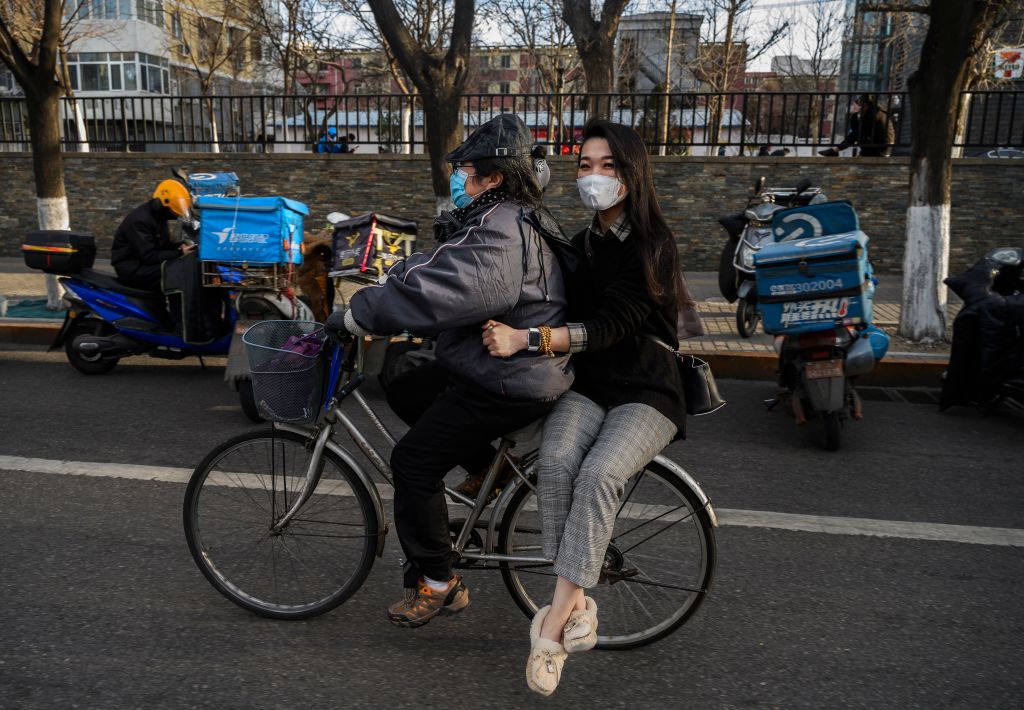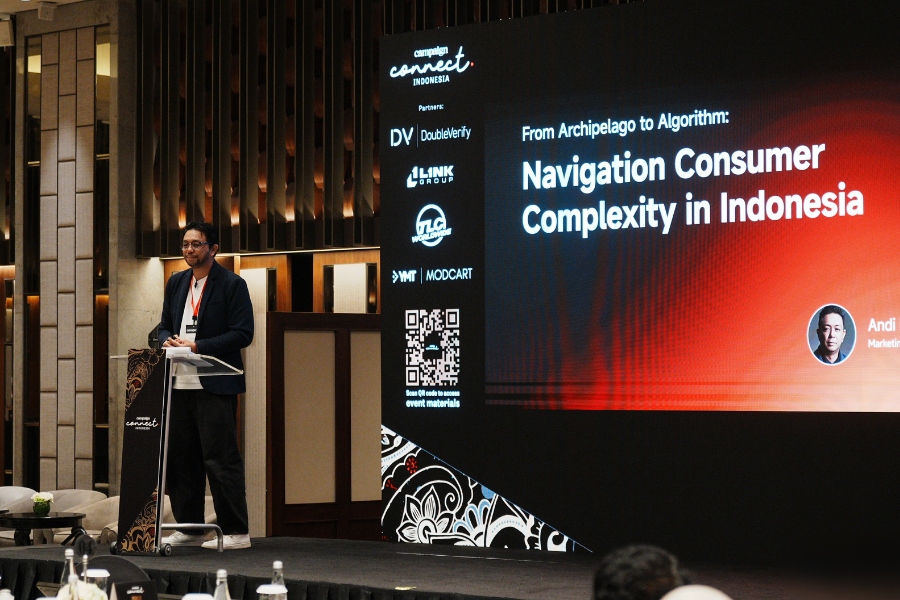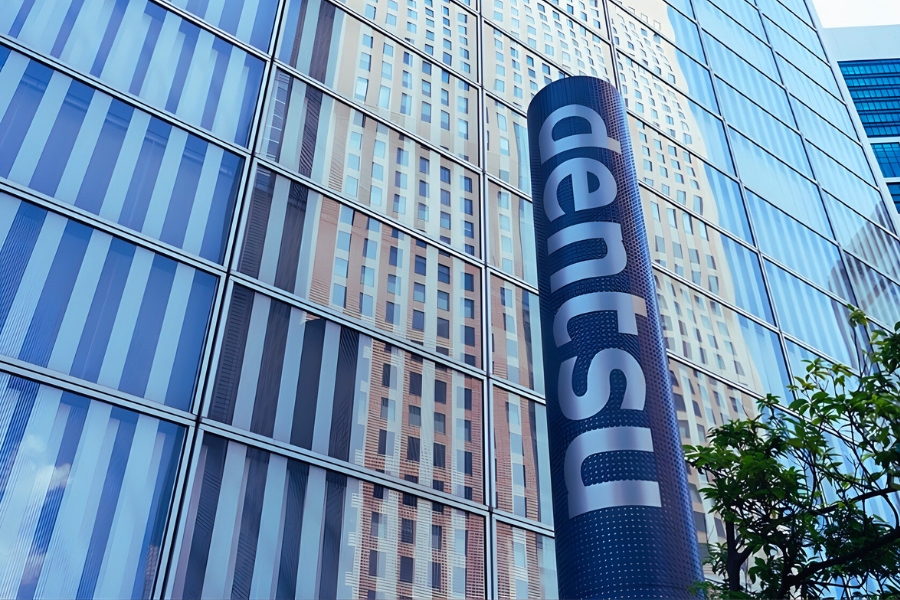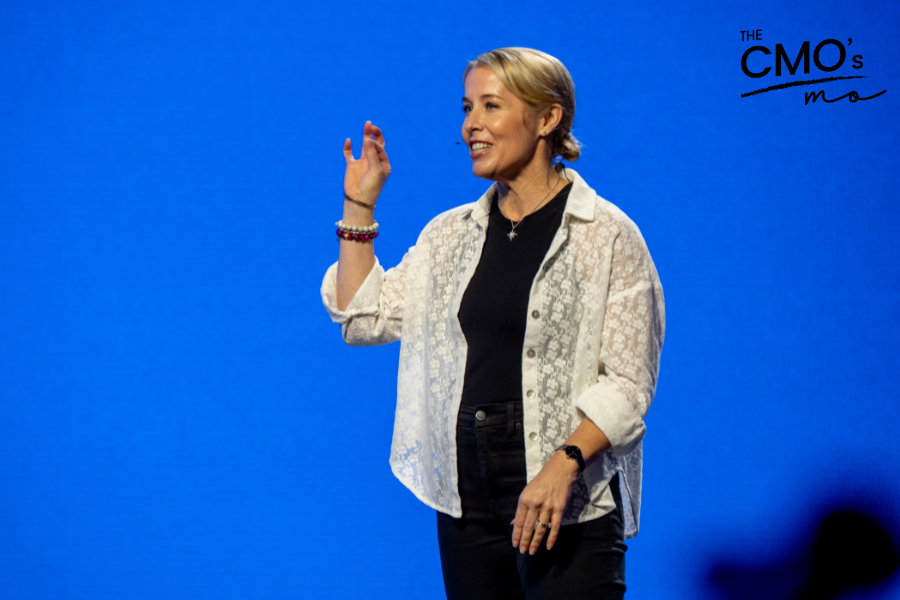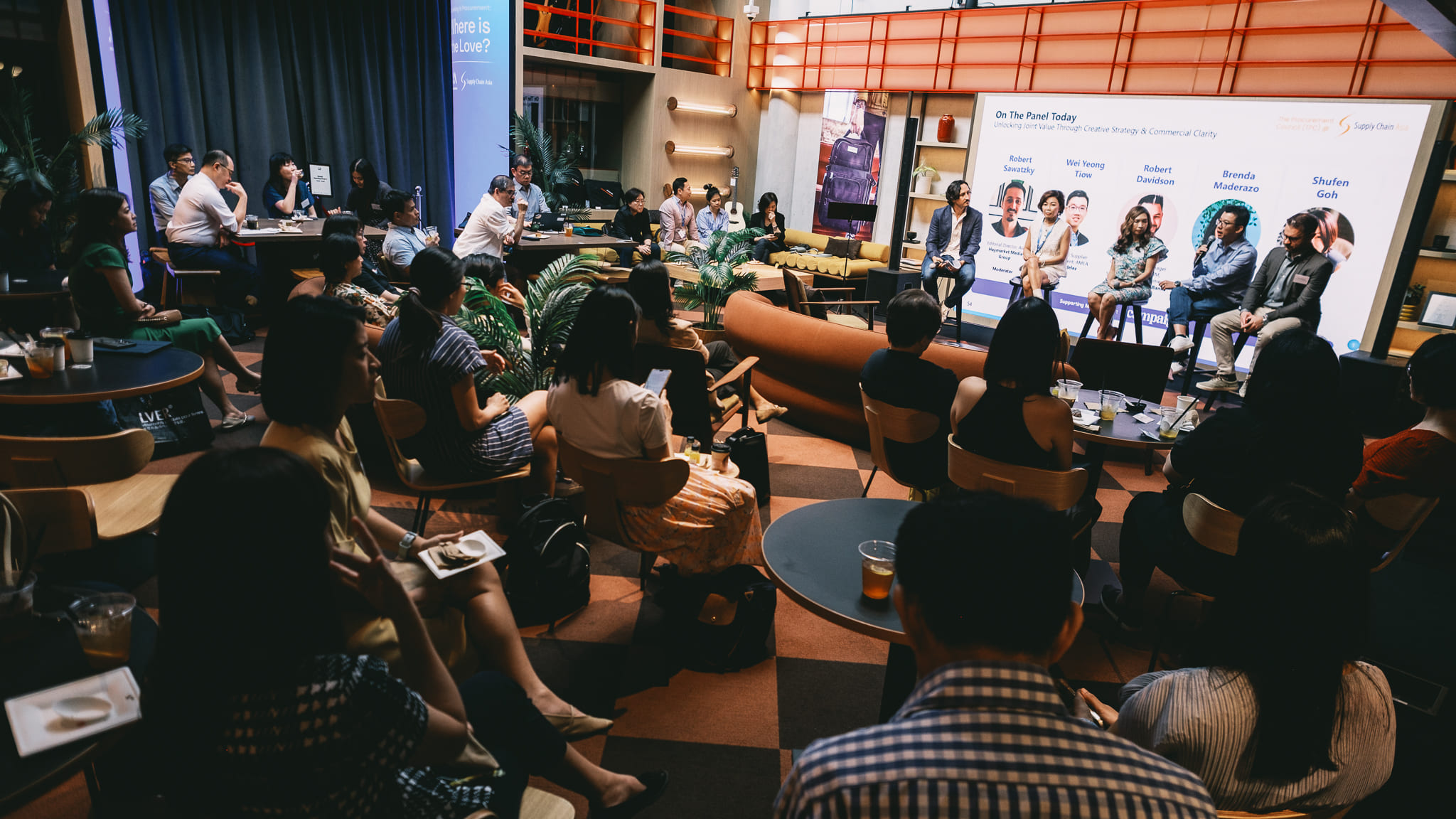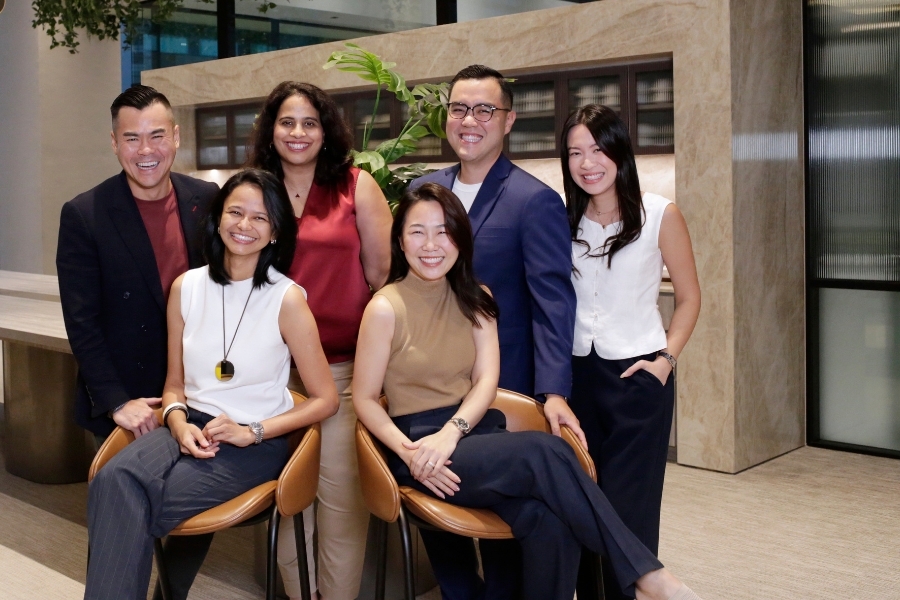Young people across Asia-Pacific are feeling more hopeful amid the COVID-19 pandemic than their counterparts in other regions of the world, but are also much less convinced that everyone is doing their part to limit the spread of the virus, according to a Vice study.
Vice conducted a global online survey of young people at the end of March (20-29) to find out how the coronavirus pandemic is affecting their lives, their worries and fears, and what they think a post-coronavirus world looks like (see "Here's how young people around the world really feel about COVID-19" for the global findings).
In Asia-Pacific, Vice surveyed a total of 2,979 people aged 16 to 44 from Australia, India, Indonesia, Japan, South Korea, Philippines, Singapore, and other parts of Southeast Asia.
As the first region to be impacted by the novel coronavirus, and therefore the furthest along in its response and recovery, with some regions of China beginning to return to normality, the study found that APAC youth are feeling more hopeful compared to the rest of the world (43% said they are hopeful, versus 36% globally).
‘Uncertainty’ and ‘empathy’ ranked as the predominant emotions in APAC, with 'calmness' and 'happiness' the lowest.

The main cause of fear and anxiety in APAC is the idea of family and friends getting sick, cited by two-thirds (66%) of respondents as their number one fear. Just over half (52%) are worried about catching coronavirus themselves, while the same proportion are worried about the economic impact of the outbreak.
While the vast majority (85%) of respondents in APAC felt that "they are doing everything they can to limit the spread of coronavirus", worryingly, less than a third (30%) feel that "others are doing everything they can to limit the spread"—this is 1.2 times higher than the rest of the world.
Across the globe, young people are looking to family and friends as the number one way of "staying grounded" throughout the pandemic. This is also true of APAC—according to 62% of respondents. In APAC, this is followed by social media (45%) and finances (43%).
Humour was cited as the number one element that helps young people in APAC to get through the outbreak—even higher than news updates and daily tips/advice.

Meanwhile, when asked what type of content young people want more of during this time, more than two-thirds (68%) cited personal stories of people overcoming coronavirus—this tallies with 'empathy' being the second-highest emotion during this time. This was followed by uplifting, inspirational and humourous stories (49%), finance management (46%) and at-home entertainment (44%).
When it comes to the long-term impact of the COVID-19 pandemic, the young generation in APAC is split—half think it will have a positive impact, half negative. The way the economy operates, how the public engages with the community, the way the public works and socialises were cited as the biggest societal shifts.

As to where young people are getting their coronavirus updates, the most popular source—cited by 89% of respondents—is government organisations (CDC, WHO, etc). This is followed by traditional news outlets (81% of respondents), hospitals and medical professionals (77%), and alternative/independent news outlets (72%).

